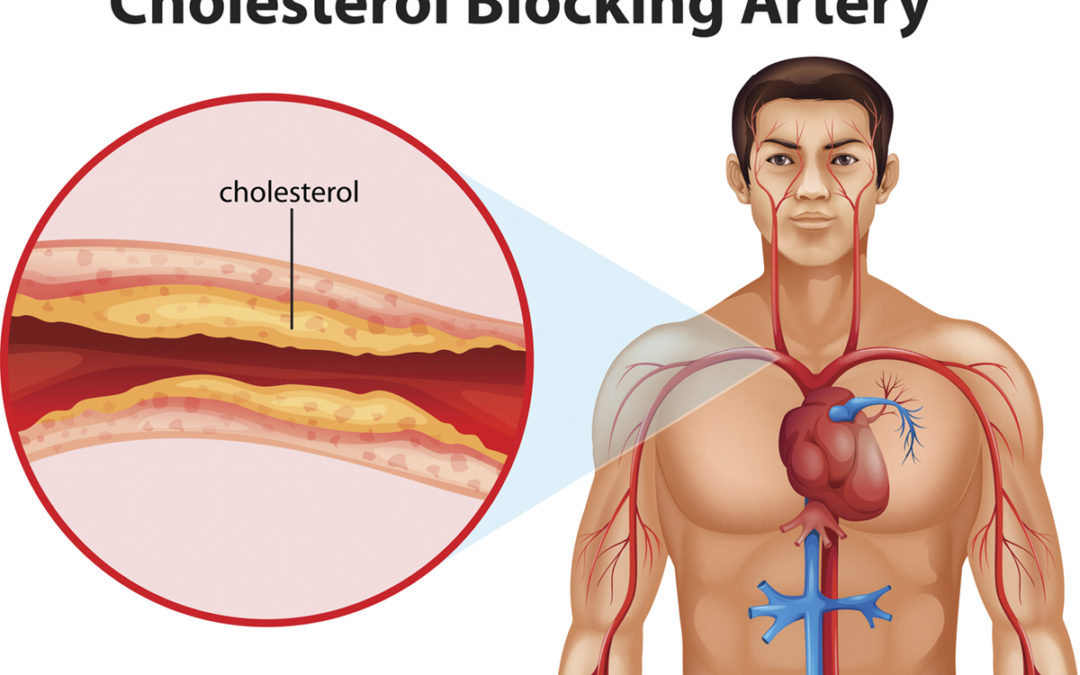September is National Cholesterol Education Month, a good time to get your blood cholesterol checked and take steps to lower it if it is high. National Cholesterol Education Month is also a good time to learn about lipid profiles and about food and lifestyle choices that help you reach your cholesterol goals.
More than 102 million American adults (20 years or older) have total cholesterol levels at or above 200 mg/dL, which is above healthy levels. More than 35 million of these people have levels of 240 mg/dL or higher, which puts them at high risk for heart disease.
Cholesterol is a waxy, fat-like substance found in your body and many foods. Your body needs cholesterol to function normally, but too much cholesterol can build up in your arteries. After awhile, these deposits narrow your arteries, putting you at risk for heart disease and stroke.
High cholesterol usually doesn’t have any symptoms. As a result, many people do not know that their cholesterol levels are too high. However, doctors can do a simple blood test to check your cholesterol. High cholesterol can be controlled through lifestyle changes. Medications are only recommended when lifestyle changes are not enough.
It’s important to check your cholesterol levels. High cholesterol is a major risk factor for heart disease, the leading cause of death in the United States. A simple blood test called a lipoprotein profile can measure your total cholesterol levels, including LDL (low-density lipoprotein, or “bad” cholesterol), HDL (high-density lipoprotein, or “good” cholesterol), and triglycerides.
Richland Public Health offers cholesterol blood tests during Community Health Screening visits (see schedule at richlandhealth.org). Cholesterol screenings require a 9 to 12 hour fast.
If you have high cholesterol, what can you do to lower it?
You can lower your cholesterol levels through lifestyle changes:
- Eat more low-fat and high-fiber food (Eat more fresh fruits, fresh vegetables, and whole grains).
- For adults, getting enough exercise. The American Heart Association recommends at least 2 hours and 30 minutes of moderate or 1 hour and 15 minutes of vigorous physical activity a week. For those aged 6-17, the AHA recommends getting 1 hour or more of physical activity each day.
- Maintain a healthy weight.
- Don’t smoke, or quit if you smoke.
Your doctor may prescribe medications to treat your high cholesterol if needed.
For more information on cholesterol, including how to prevent or manage high cholesterol, see the Centers for Disease Control and Prevention at www.cdc.gov/cholesterol/

